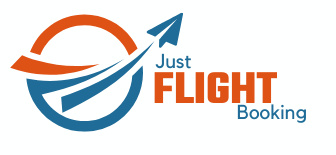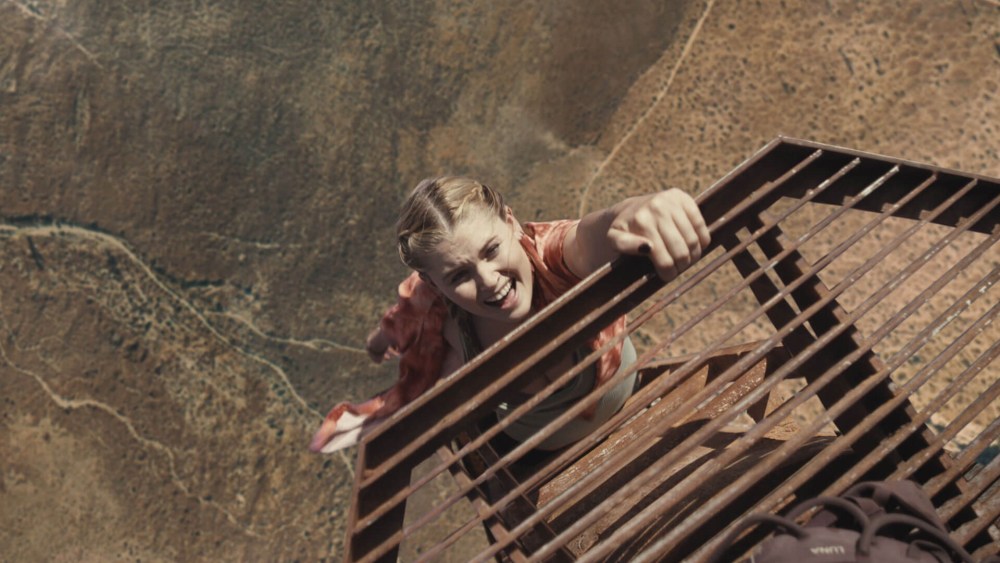Court Blocks Studios From Using Fast Subpoenas to Identify Piracy
An appeals court on Friday blocked studios and record labels from using expedited subpoenas to identify internet users suspected of illegally sharing songs, movies and TV shows.
The 9th Circuit Court of Appeals ruled that copyright holders cannot use the Digital Millennium Copyright Act to subpoena internet providers that merely act as conduits for infringing material.
The Motion Picture Association and the Recording Industry Association of America had warned that blocking such subpoenas will hamper efforts to fight digital piracy.
“Piracy poses a significant threat to the creative marketplace and to the U.S. economy,” the trade groups said in an amicus brief last year. DMCA subpoenas are “an effective, and often the only, practical means of identifying online copyright pirates,” they added.
The DMCA allows copyright holders to obtain subpoenas without first filing a lawsuit or getting a judge’s approval. The Electronic Frontier Foundation has long argued that the process is subject to abuse by “copyright trolls,” who can use it to file thousands of lawsuits and seek payoffs, regardless of whether an account owner is actually the one responsible for infringement.
The 9th Circuit had not previously addressed the issue, but its ruling aligns with decisions from the D.C. Circuit in 2003 and the 8th Circuit in 2005. Since those decisions, copyright holders have largely opted to file lawsuits against John Does before seeking subpoenas to identify the defendants, rather than using the expedited DMCA process.
“This decision doesn’t prevent copyright holders from identifying online infringers,” said Victoria Noble, a staff attorney at EFF. “It simply forecloses one mechanism for doing so that is particularly susceptible to abuse.”
The case centered on “Fall,” the 2022 film about two women trapped at the top of a TV tower. The low-budget thriller was a box office success for Lionsgate, and was also apparently popular among illegal downloaders.
One of the production companies, Capstone Studios, filed a DMCA subpoena on Cox Communications, the cable provider, seeking to identify the users of 29 IP addresses linked to illegal sharing of the movie.
An anonymous user objected, arguing that he had left his WiFi router unsecured, but had not downloaded the movie and did not want his identity disclosed.
A district judge sided with the user and quashed the subpoena. Capstone appealed, arguing that the judge had wrongly interpreted the DMCA. Cox, meanwhile, argued that the ruling was correct and that it should not be subject to such subpoenas.
Writing for a three-judge panel, Judge Morgen Christen said that DMCA subpoenas are not allowed when the internet provider merely acts as a conduit and does not host the infringing material.
Capstone had argued that individual “John Doe” lawsuits are too cumbersome, but the panel was not persuaded.
“We are sympathetic to this argument, but whether the DMCA provides a sufficient remedy for copyright holders to vindicate their rights against infringers using P2P networking is ultimately a question for Congress, not the courts,” Christen wrote.
Kerry Culpepper, the attorney who represented Capstone, said he appreciated the court’s work to grapple with the technological issues, but said that he is “greatly disappointed in the result.”
“I am hopeful that Congress or the Administration will adopt measures to help copyright owners deal with the scourge of online theft that is robbing them of millions of dollars and hurting America’s economy,” Culpepper said. “I note the Administration tasked Jon Voight with making a plan to help save Hollywood. Stopping online theft should be a priority.”
Cox, meanwhile, applauded the outcome.
“The panel rightly recognized that the result here flows directly from the DMCA’s text and structure, just as the other circuits to have addressed this issue have,” the company said in a statement. “We appreciate the court’s careful work — this decision provides important guidance to rightsholders, service providers, and courts going forward.”
The RIAA and the MPA declined to comment. In their brief, they urged the court to issue a more narrow ruling, and warned that as piracy continues to evolve, a broader holding could make it harder to go after reverse proxy services, domain registrars and other service providers.

